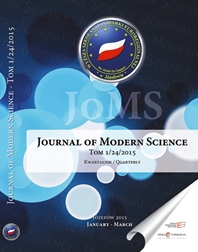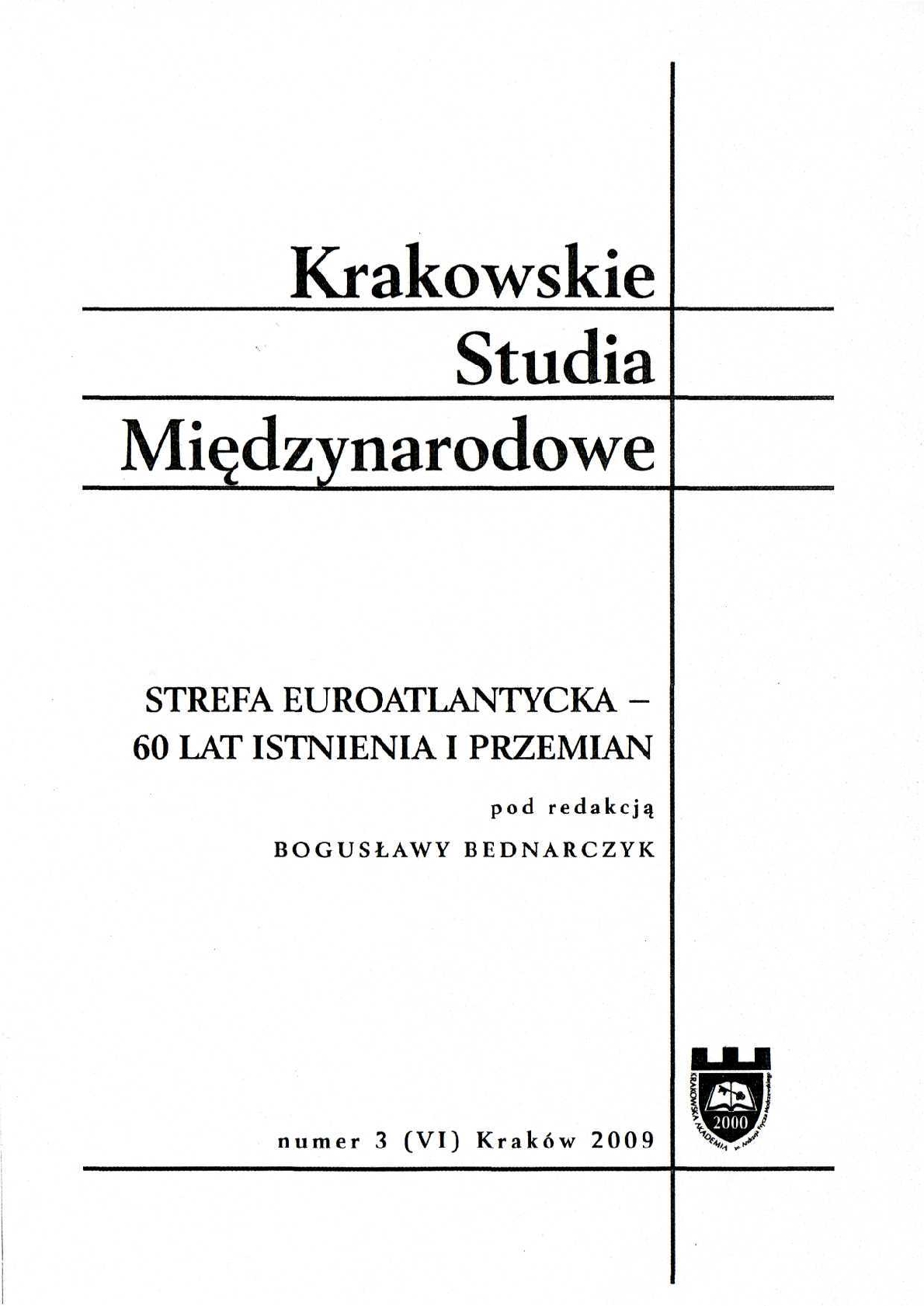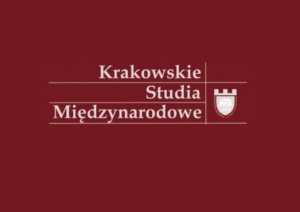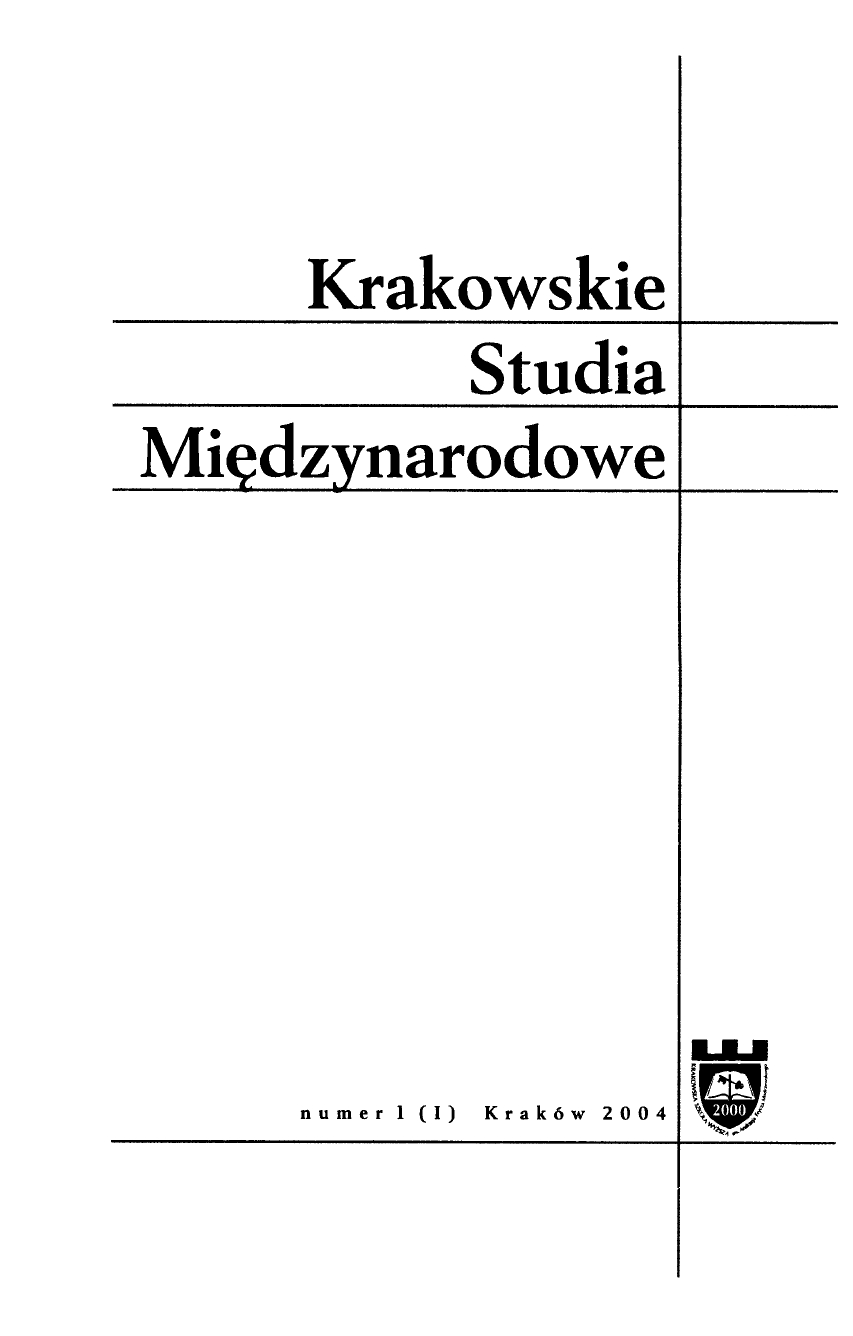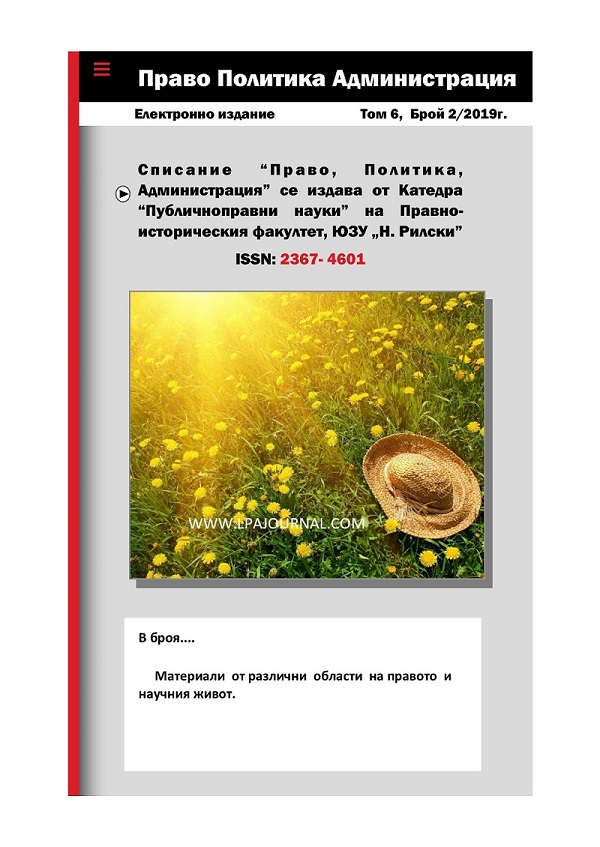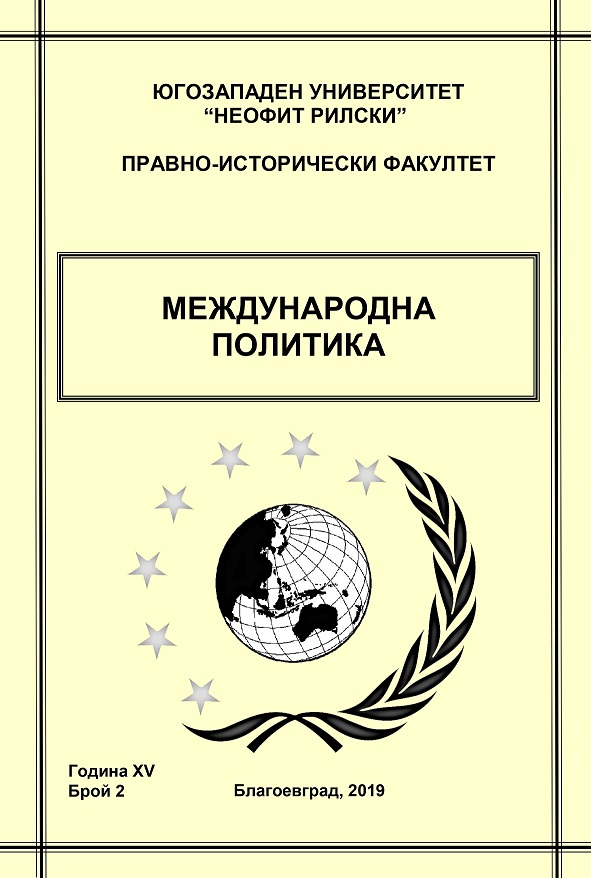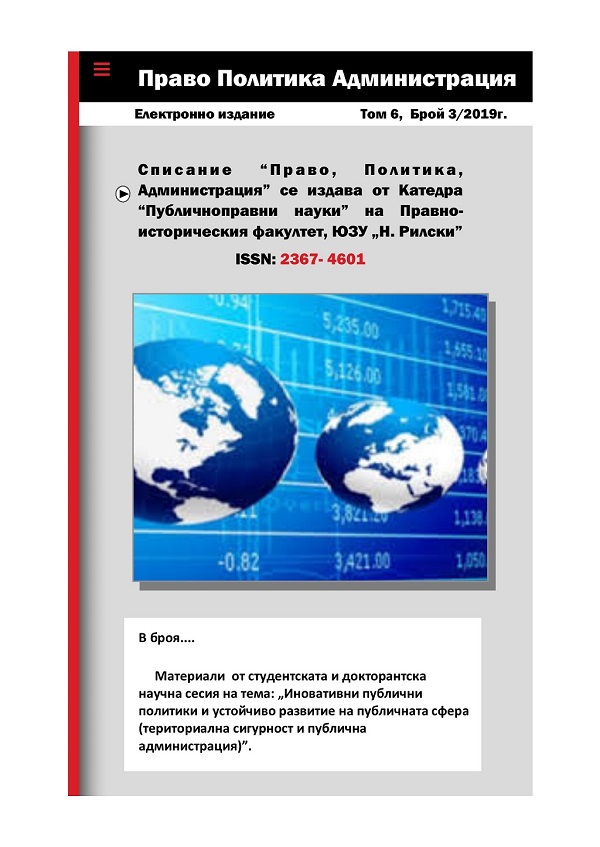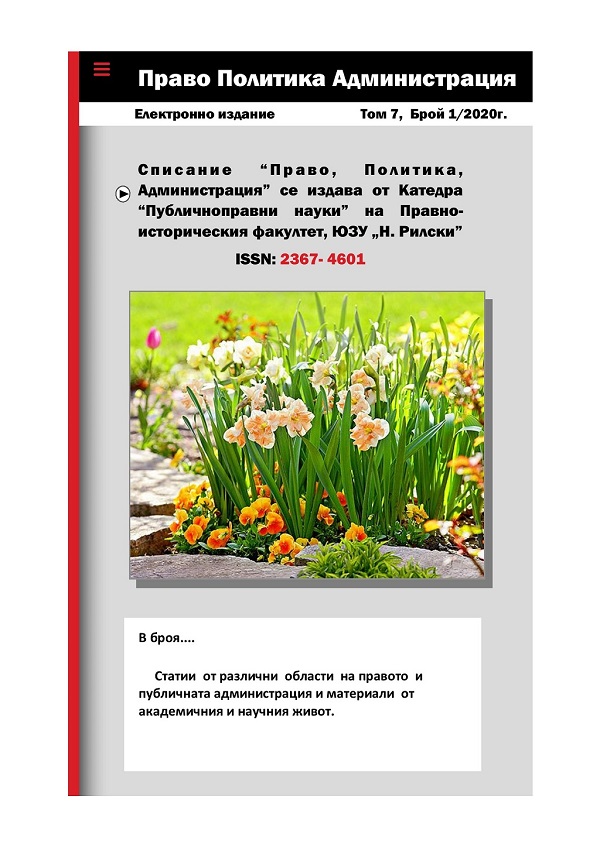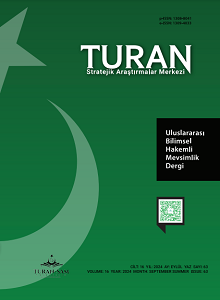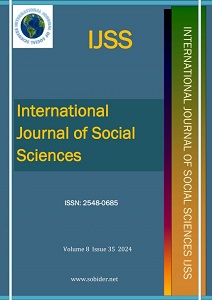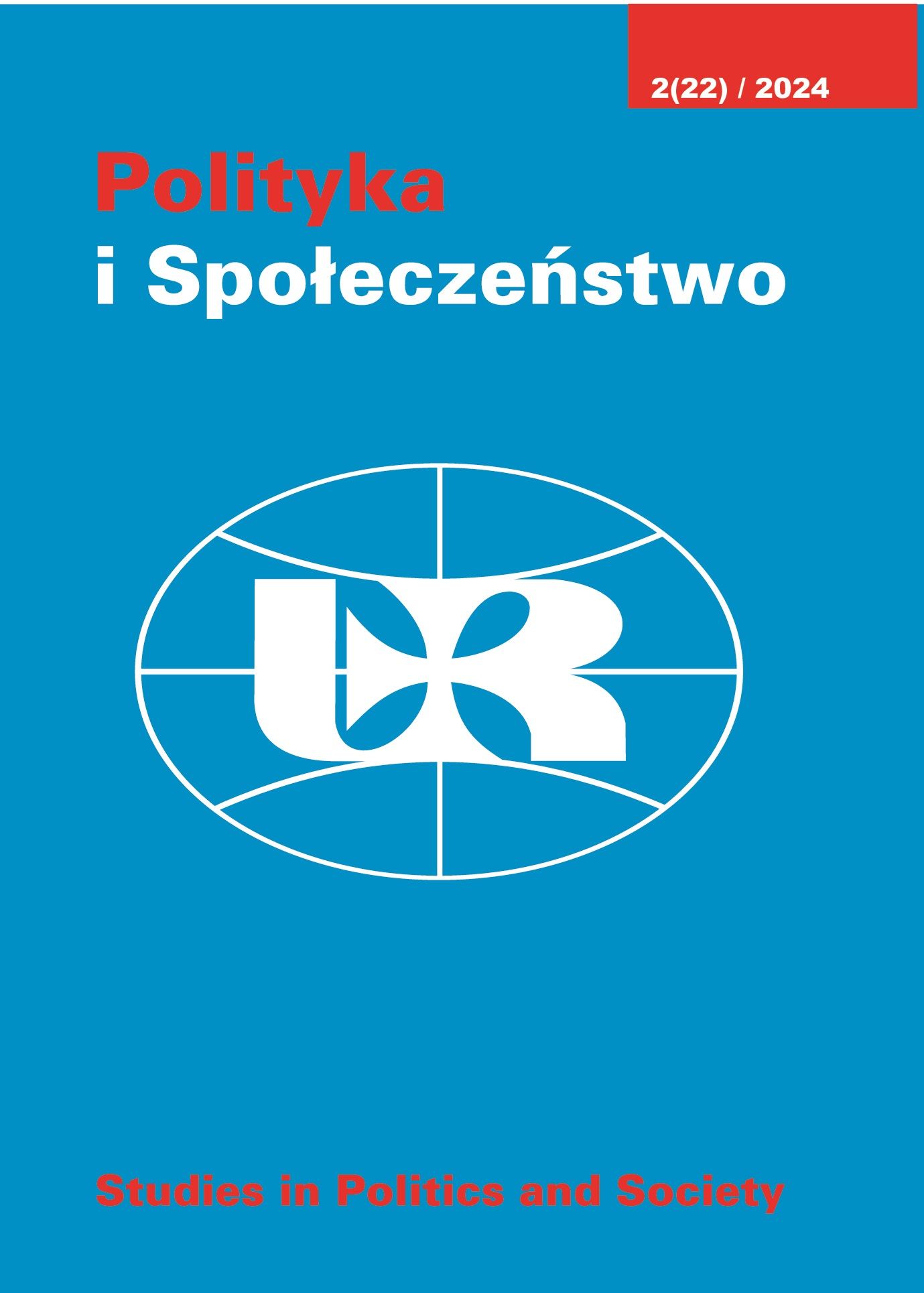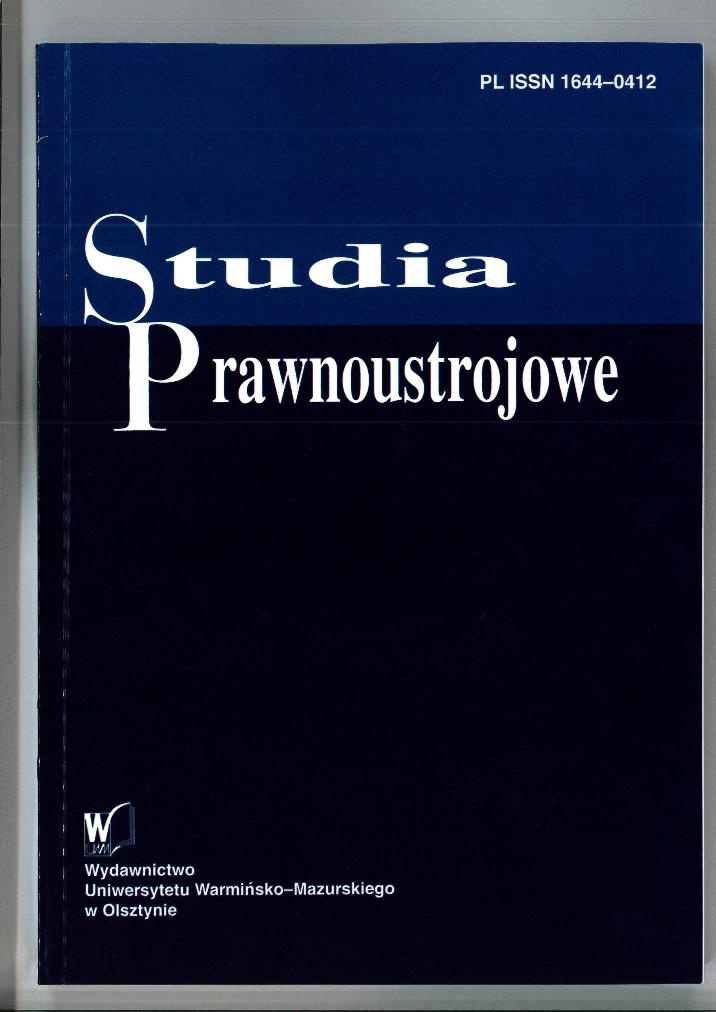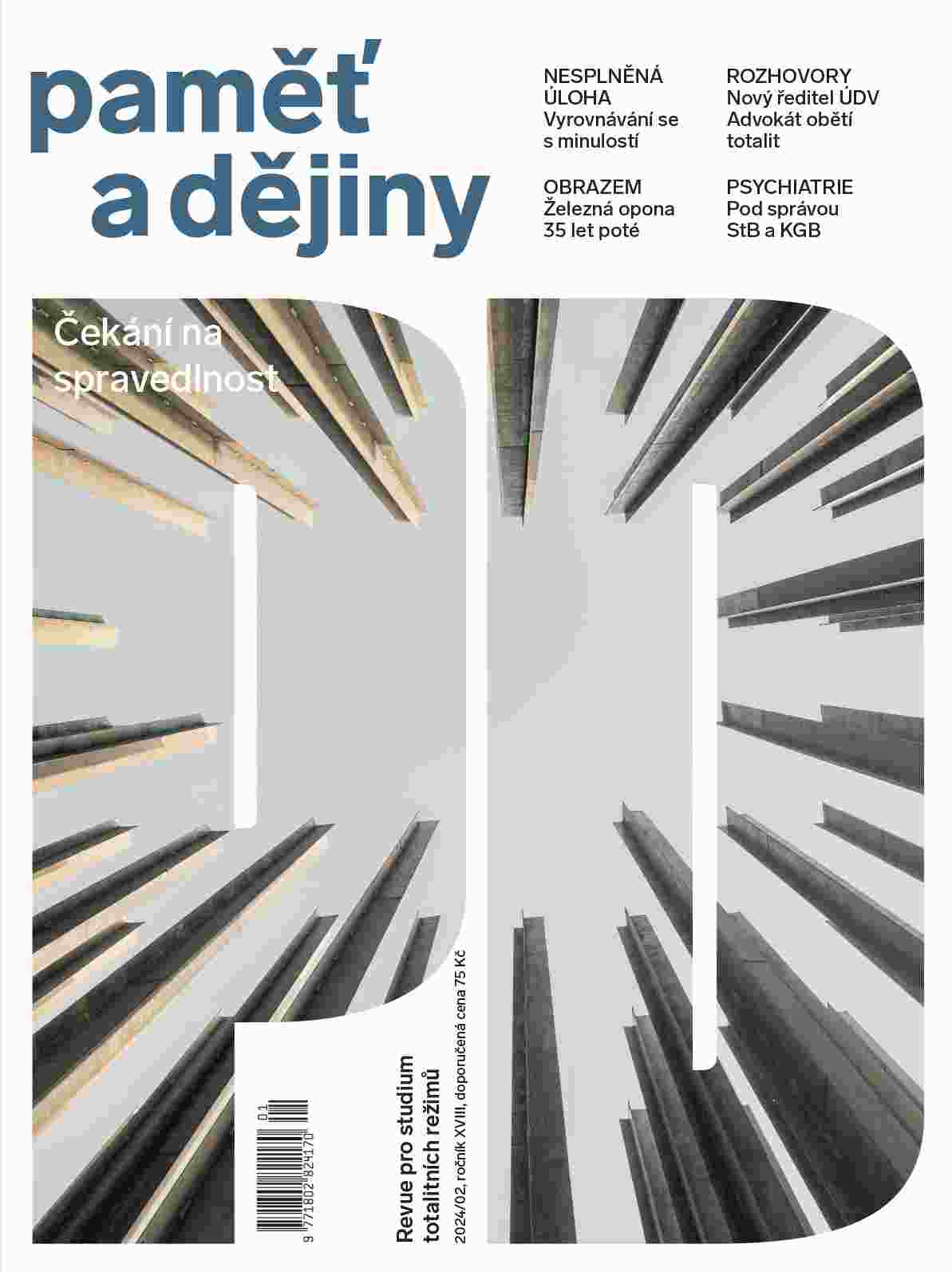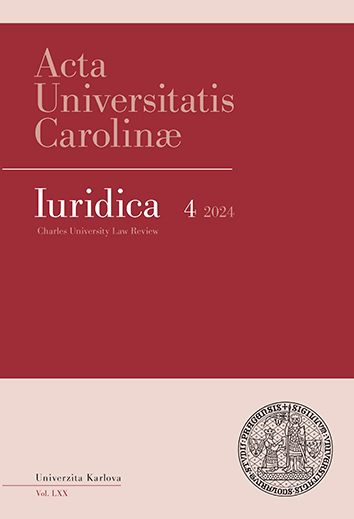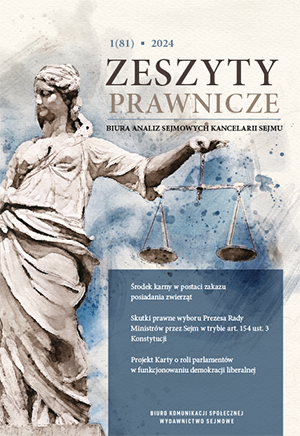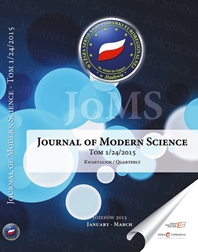
Kompetencje Adwokata Ludu w Rumunii.
The paper’s objective is to analyze the tasks and the detailed scope of competences of the Romanian Ombudsman called the People’s Advocate, who was created to protect rights and freedoms of the Romanian citizens and persons residing on the territory of Romania. This task is exercised by the Ombudsman with the help of certain legal instruments which he has been equipped with and which enable him to examine if the violation of rights has been committed by widely comprehended public administration authorities. In case such violation has occurred the People’s Advocate is entitled to conduct a proceedings aiming at redressing the wrong and materialize exercising the rights guaranteed to an individual by the Constitution, laws and international legal acts. The analysis of the People’s Advocate’s competences is also made from the perspective of the object and subject of his activity. This complex approach allows to precisely determine not only his rights but also his duties in the field of the protection of human rights exercised by him, as well as to estimate the level of their observance. It also enables to state if the model of Ombudsman introduced in Romania, which is a rather new institution, not known in its political system before, will become an effective one within the exercised by him tasks and if it will take root in the contemporary government and politics of the state.
More...
